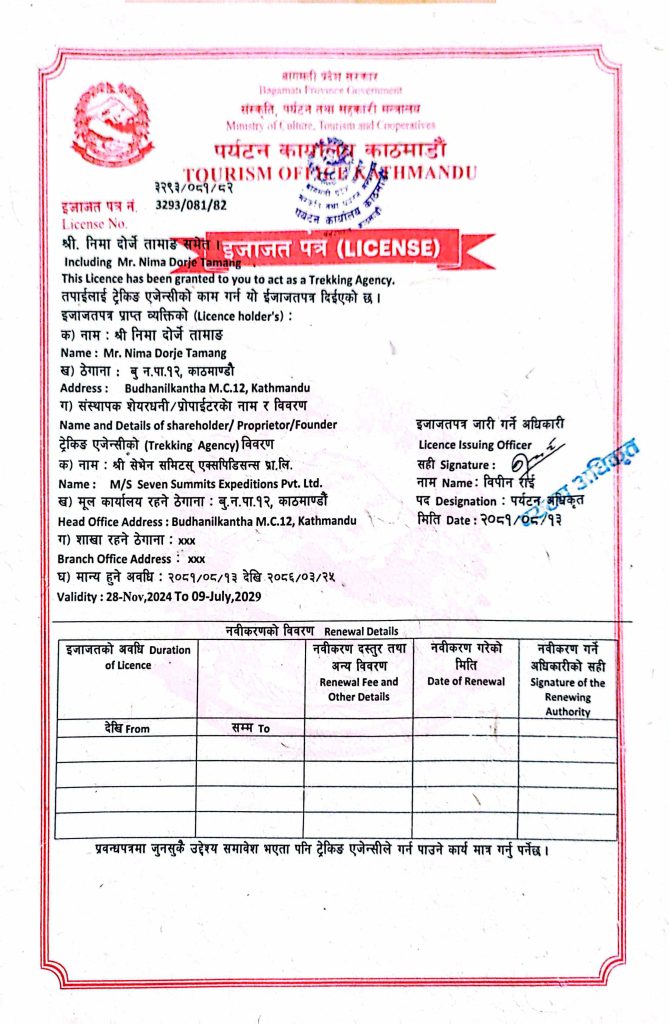Legal Documents
Legal documents also refer to written instruments or records that are legally binding and enforceable. These documents are used to establish rights, obligations, and agreements between parties.
Types of Legal Documents
- Contracts: Contracts are legally binding agreements between two or more parties that outline the terms and conditions of their relationship. Contracts can cover various areas, such as employment, sales, services, real estate, and more. They typically include provisions related to payment terms, responsibilities, warranties, and dispute resolution mechanisms.
- Wills and Testaments: A will is a legal document that outlines a person’s wishes regarding the distribution of their assets and the appointment of guardians for their minor children after their death. It specifies how the person’s estate should be managed and distributed.
- Powers of Attorney: A power of attorney is also a legal document that grants someone else the authority to act on behalf of another person in specific matters. This document can get use for financial, healthcare, or legal decision-making purposes.
- Articles of Incorporation: Articles of Incorporation are legal documents filing with the government to establish a corporation. They outline the corporation’s name, purpose, structure, share distribution, and other key details.
- Deeds: A deed is a legal document use to transfer ownership of real estate or property from one party to another. It contains a description of the property, details of the parties involved, and any conditions or restrictions associated with the transfer.
- Intellectual Property Documents: These documents include patents, trademarks, and copyrights, which protect various forms of intellectual property, such as inventions, brands, and creative works.
- Legal Notices: Legal notices are formal communications that serve to inform or warn individuals or entities about legal matters. They may include notices of lawsuits, foreclosure, eviction, public announcements, and more.

Conclusion and Summary
It’s important to note that legal documents can vary in format, content, and requirements depending on the jurisdiction and the specific purpose they serve. Consulting with a legal professional also recommended to ensure that legal documents meet the necessary legal standards and accurately reflect the intentions and rights of the parties involved.

